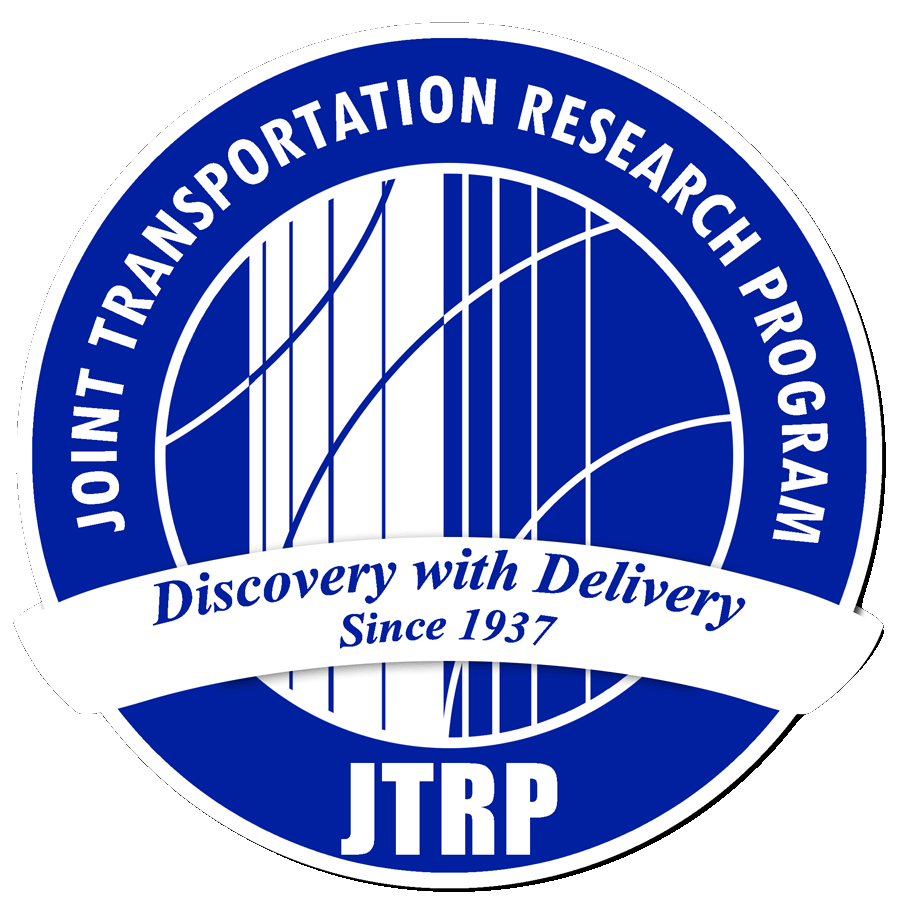Abstract
In the face of multifaceted challenges such as asphalt pavement deterioration and the introduction of new LTPPBind versions, the Indiana Department of Transportation (INDOT) initiated a pivotal research project focusing on three primary areas. First, the study examined the implications of Performance Grade (PG) binder selections on pavement performance using AASHTOware Pavement Mechanistic-Empirical (ME) Design V 2.6. It revealed that PG selections, particularly those made by LTPPBind V 3.1 Desktop and Online, significantly influenced pavement performance, impacting thermal and bottom-up cracking. Second, the project explored the efficacy of three solvents— n-propyl bromide (nPB), trichloroethylene (TCE), and a solution of toluene/ethanol (85%/15%)—in recovering asphalt binders. The investigation demonstrated that the solvents maintained the integrity of the binders, with all three exhibiting similar trends in their effects. However, they did slightly affect the relaxation properties of the recovered binders. Fourier Transform Infrared (FTIR) analysis confirmed the absence of residual solvents, indicating their concentration was either low or undetectable. Hence, any solvents could be used, with caution recommended for toluene. The third objective analyzed the quality of as-constructed PG in reclaimed asphalt, revealing an average deviation of 7˚C and 0.1˚C for high and low temperatures, respectively. The results indicated that including Reclaimed Asphalt Pavement (RAP) more significantly affected the asphalt high-temperature grade of the binder. The findings suggested the consideration of performance-graded binders one grade lower for both high and low temperatures might be advantageous.
Furthermore, the research initiated a Percent Within Limit (PWL) framework for managing the quality of as-constructed performance-grade asphalt binders. The study underscored the need for additional research to refine this framework, emphasizing the importance of assessing various factors influencing PWL sampling to ensure its broad implementation. In conclusion, this comprehensive research contributes valuable insights into asphalt performance grade, offering guidance on material selection and laying the foundation for a robust quality management framework. However, it also brings to light the areas requiring further study to enhance the reliability and applicability of the derived solutions.
Keywords
extraction and recovery, rheological, solvent, in-situ samples, reclaimed asphalt binder, pavement mechanistic-empirical design
Report Number
FHWA/IN/JTRP-2024/04
SPR Number
4518
Sponsoring Organization
Indiana Department of Transportation
Performing Organization
Joint Transportation Research Program
Publisher Place
West Lafayette, Indiana
Date of Version
2024
DOI
10.5703/1288284317721
Recommended Citation
Lee, J., Pouranian, M. R., Rahaman, M. Z., Shah, A., & Haddock, J. E. (2024). Review of Indiana asphalt binders (in-situ PG grade asphalt determination) (Joint Transportation Research Program Publication No. FHWA/IN/JTRP-2024/04). West Lafayette, IN: Purdue University. https://doi. org/10.5703/1288284317721
Technical Summary


